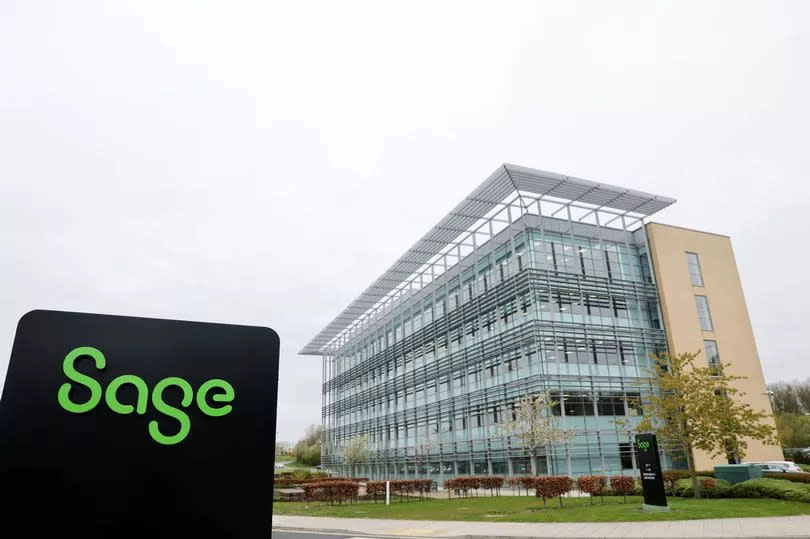North East small businesses see slowest profit growth, new Sage study shows

Small businesses in the North East are seeing the slowest growth in profits despite easing financial pressures, new research has shown.
North East software firm Sage, in collaboration with Smart Data Foundry and Cebr, has unveiled the findings from its first quarter 2024 Sage Small Business Tracker, which shows how UK small businesses are juggling a challenging economy with changing customer demands and uncertain politics. The main finding of the tracker is that small businesses are seeing pressures subside in line with falling costs in the past year, which has offset a decline in revenues, leading to stronger profits.
Small businesses across the UK managed to grow their profits by 6.5% in the year to Q1 2024, although profitability delivered different results across the UK regions. The North West saw the largest annual increase in profitability, up by 11%. Meanwhile, the East of England and the Yorkshire and Humber also performed strongly, with real profit growth of 9.8% and 9.6%, respectively, over the past year.
Read more: Virgin Money posts positive interim results but warns of challenges in months ahead
Read more: Company linked to Britishvolt buyout is shut down by High Court
The North East saw the slowest growth, although it remained positive, reporting profit growth of 2.1%. The survey found the boost in profitability was aided by reductions in expenses and overheads, decreasing by 8.8% and 8.1% respectively.
However, the Sage Tracker highlighted concerns that small businesses saw revenues drop by an average of 1.7% compared to last year, despite the economy coming out of recession in Q1. Productivity also fell by 11.4% over the year due to tough revenue conditions.
The report showed that the businesses are financially healthier, with cash balances up by 4.8% from last year, while average debt reduced by 11.6%, showing financial planning in an uncertain economy.
Derk Bleeker, chief commercial officer at Sage, said “This quarter’s tracker shows how small businesses are effectively managing challenges like reduced revenues and broader economic uncertainties. By controlling costs, they’ve managed to become more profitable, though many are waiting for a more stable economic and political climate before making major investments.”
Meanwhile a separate survey issued by manufacturers’ organisation Make UK found that North East manufacturers are seeing a much stronger picture, with business confidence equalling record levels. The Q2 Manufacturing Outlook survey found that business confidence is increasing, with both output and orders rising substantially compared to the first quarter.
It said that the North East is set to benefit from a boost in production in the automotive sector, as well as strengthening growth in the chemical and renewables sectors, which is expected to lead to increased recruitment. Business confidence has also risen to equal the highest level recorded since the survey started measuring the indicator in 2014.
Dawn Huntrod, region director for the North at Make UK, said: “After the economic and political shocks of the last few years there is now strong confidence among manufacturers in North East. At long last, companies can see concrete signs of growth and a much better economic outlook ahead.”

 Yahoo News
Yahoo News 
